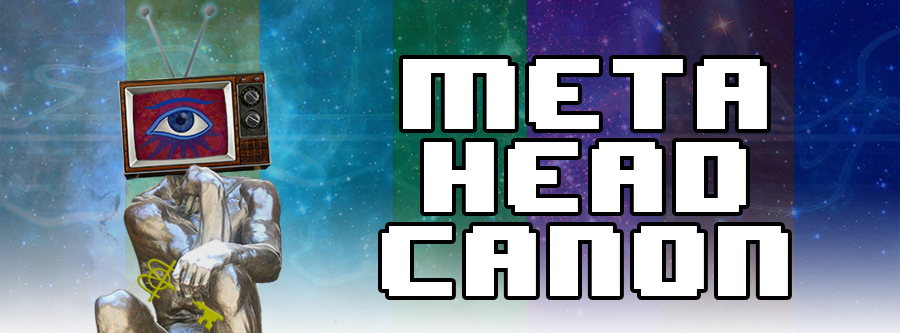
The sensationalistic tabloid story of Robert Durst, which regularly re-surfaced on print and digital front pages the world round, reached its most ludicrous form in a documentary called “The Jinx: The Life and Deaths of Robert Durst.” (Bear with me on this!)
If you’re unfamiliar with the story, in short, what happened was an extremely rich man’s wife disappeared under mysterious circumstances in the 1980’s, then a close friend of his (Susan Berman) was murdered 2 decades later when she was about to be questioned about the wife’s disappearance, and then he admittedly killed and dismembered a neighbor, but successfully claimed self defense. He was generally regarded as having gotten away with at least 3 murders.
He then agrees to participate in a documentary about himself, proclaiming his innocence and bad luck coincidence throughout, which aired to great interest, and concluded by bringing about new evidence, resulting in his arrest.
What was the new evidence? A misspelled word.
After Susan Berman was killed an anonymous letter was sent to the police informing them of the body’s location.
In the anonymous letter, presumably sent by the killer, Beverly Hills is misspelled as “Beverley Hills.”
The documentary crew then discovers a letter that Durst sent to Berman with the exact same misspelling and indistinguishable handwriting.
The documentary crew confronts Durst about this, and he appears to have strange involuntary reactions, all while still maintaining his innocence and bad luck coincidence. And then in a truth is stranger than fiction moment, Durst excuses himself to the bathroom, and forgetting that he is still wearing a microphone, engages in what sounds like a pathological rambling confession.
But it’s really the misspelled word that’s the more concrete evidence, and doesn’t this scenario sound familiar to ye Joyceans?
The Phoenix Park murders of 1882, which features prominently in the dreamscape of Finnegans Wake, along with the attempt of Richard Piggott to frame Charles Stewart Parnell as being involved in and/or supportive of the murders via a series of forged letters.
Parnell was cleared of the charges because Piggott’s misspelling of the word hesitancy as “hesitency” identified him as the author of the letters.
Joyce makes much of this incident and the theme recurs throughout the book, playing into the ambiguity of HCE’s guilt/innocence of the indistinct crime he is accused of.
Curious that in both cases of forensic linguistics it was the letter “e” that did the trick.
So it goes, around and around and around again.
